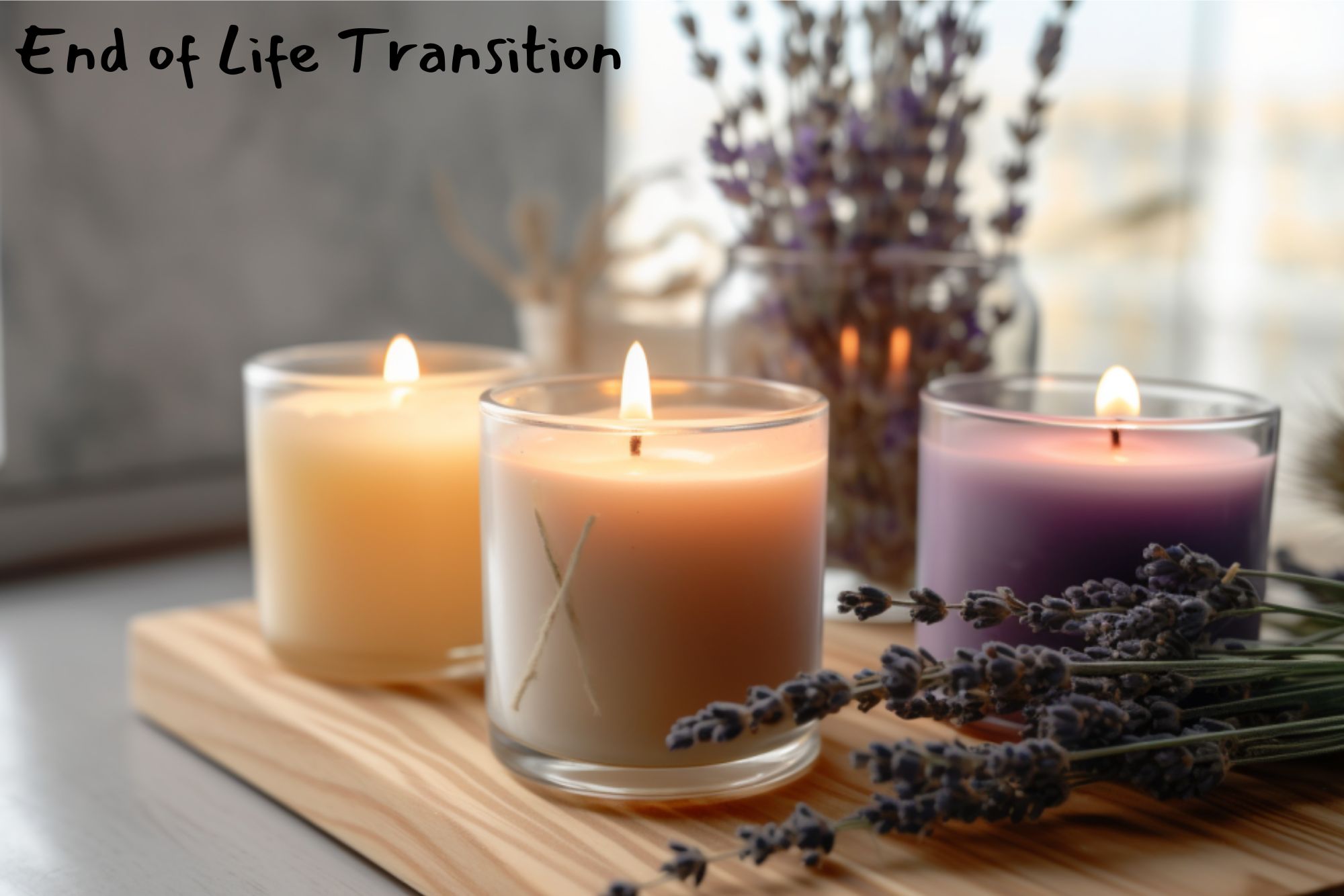A word that gets used a lot by people working in the end-of-life space is “transition.” In some ways, we use it because it is a gentler word than “death,” although many people in the Death Positive Movement are trying to encourage less use of euphemisms like “passed on,” “departed,” or “sleeping.” Dead is dead, and it’s important to acknowledge that.
“Transition,” on the other hand, isn’t a euphemism—it’s an entirely accurate description and an important one. Because death is not merely a transition for the person whose life is coming to an end. It is also a transition for everyone in that person’s life who will be continuing on without them.
Sometimes the transition is slow, with multiple phases. A person who lives a long life may experience a long decline, with illness or dementia that will require them and their loved ones to adjust throughout the process, as the needs of the dying person evolve and change over time.
In other case the transition might be sudden and unexpected; someone is in an accident or dies quickly of an illness. Not only will their family and close friends be affected by the loss, but sudden, unexpected death can also mean difficult adjustments for co-workers, business associates, and social organizations that lose a formerly active participant without any warning.
Fast or slow, expected or unexpected, every end of life transition is going to be a challenging time, especially for those who are left behind. And for many doulas, that is exactly why we do what we do.
The medical industry can provide hospice and palliative care for a person who is dying; they can ease pain and make the last few weeks or months of life a time of rest and comfort. They are excellent at caring for the dying, but they don’t have any medicine for the family members who do most of the basic work of bedside care with the added stress of losing a loved one.
The funeral industry is full of thoughtful, compassionate people, who have a constantly growing variety of ways to honor the deceased, to arrange beautiful sendoffs and craft unique memorials. But a memorial service only happens the one time. When it’s over, life continues on, and the shape of that life is fundamentally changed.
When a death doula becomes involved in the transition process, their job is to step back and look at the whole picture. The medical workers will do their work and the funeral workers will do theirs—the doula’s job is to see what isn’t being handled, and to figure out the best way to fill in the gaps, whether that means guiding the end of life patient in laying out their plans from a distance, taking the time to sit with them for a few hours to give their regular caretaker a break, or helping the family consider vigil and/or memorial options.
Every end of life transition will be a different experience, full of loss and uncertainty about the future. But having guidance through the process and knowledgeable support can make things much, much easier. At IDLM, we consider it an honor to be able to offer that support to those who need it.






